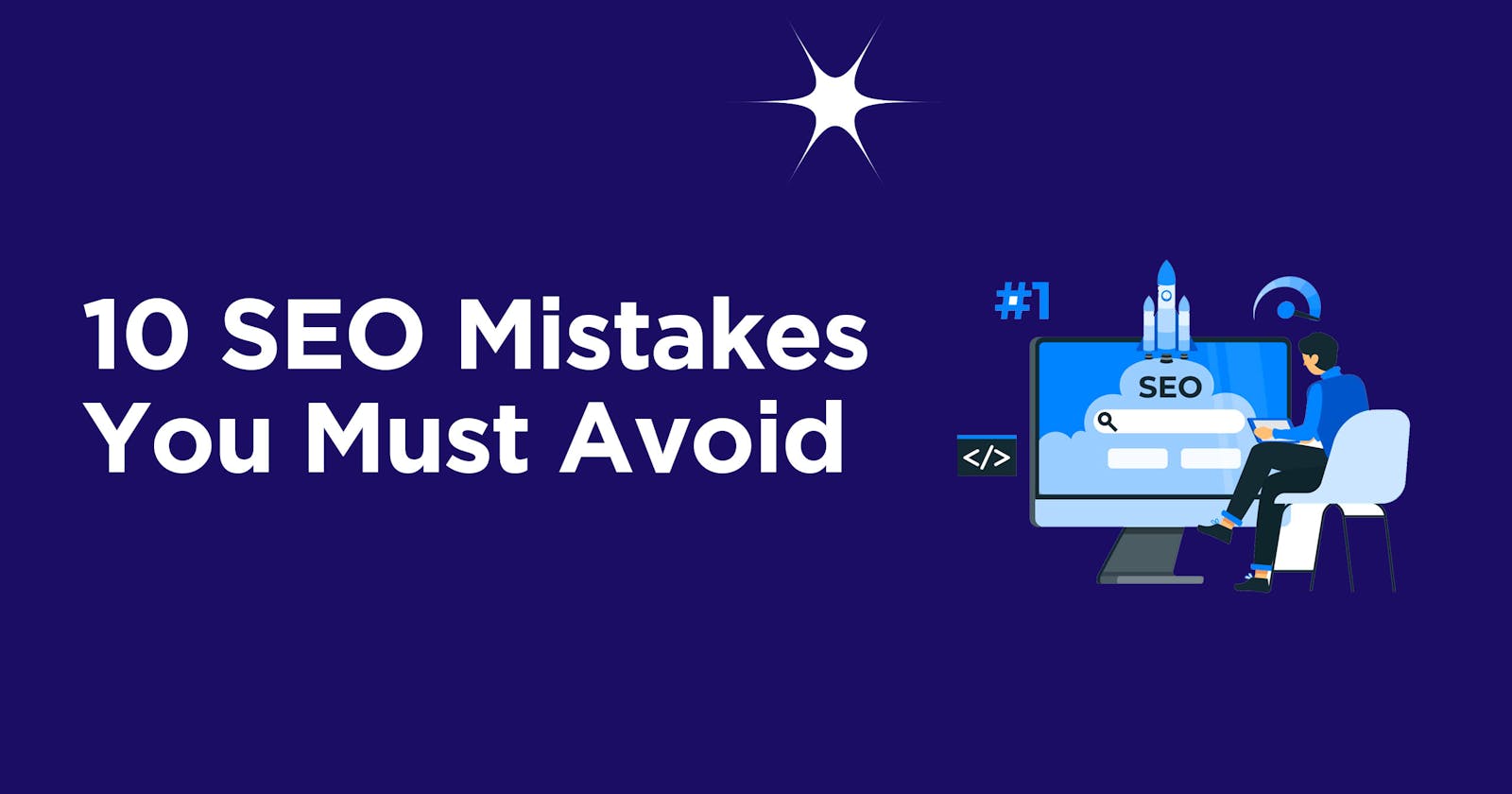Keyword stuffing: Don't stuff your content with too many keywords, as it can make your content seem unnatural and difficult to read.
Duplicate content: Don't copy and paste content from other websites or pages, as it can harm your SEO ranking.
Ignoring mobile optimization: Don't forget to optimize your website for mobile devices, as a majority of internet users access the web from their smartphones.
Slow website speed: Don't neglect website speed, as slow loading times can affect user experience and SEO rankings.
Neglecting meta descriptions and title tags: Make sure to include relevant and descriptive meta descriptions and title tags for each page on your website.
Broken links: Fix broken links on your website, as it can negatively impact user experience and SEO ranking.
Lack of social media presence: Social media can play a significant role in driving traffic to your website. Make sure to promote your content on social media platforms.
Not optimizing images: Don't forget to optimize images on your website with appropriate alt text and file names, as it can help improve SEO rankings.
Poor user experience: Ensure that your website is easy to navigate, with clear and concise information. A positive user experience is essential for a successful SEO strategy.
Ignoring analytics: Use analytics to track your website's performance, including traffic, bounce rate, and user engagement, and adjust your SEO strategy accordingly.
